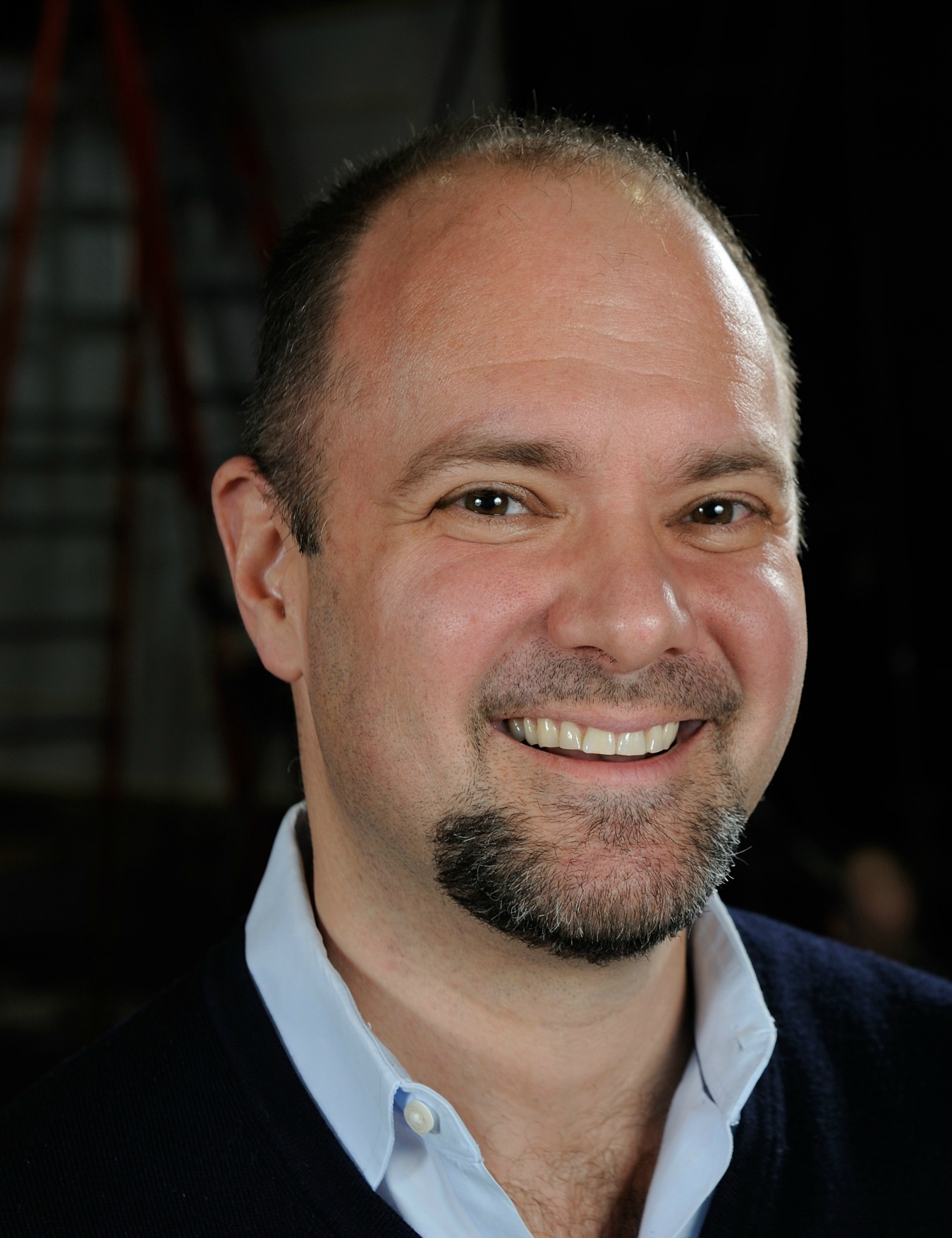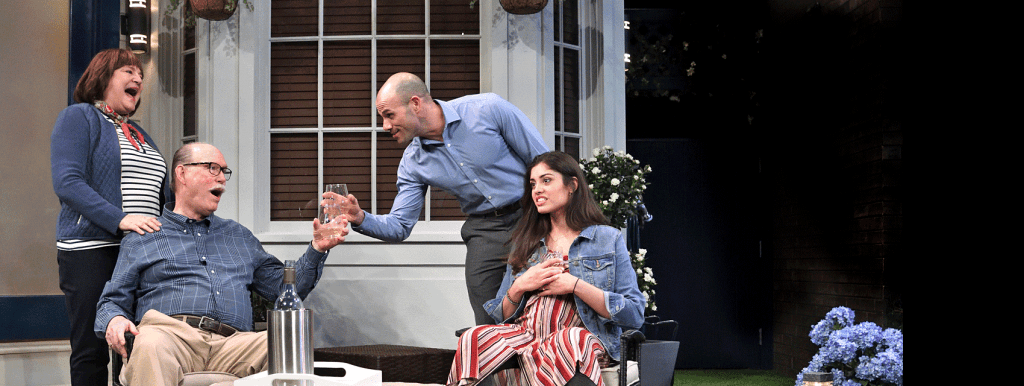
1/11/19
Welcome to the start the 2019 part of your 2018-19 Season and to our production of Marcus Gardley’s black odyssey and its companion piece, Denis O’Hare and Lisa Peterson’s An Iliad.
As we hurtle into the future (2019 was when science fiction took place when I was a kid), we look back to these ancient narratives for inspiration today. And what inspiration they provide! Homer’s Iliad and Odyssey are not only the defining narratives of Epic Greek literature, they are also among the most influential works in Western Civilization. What is fascinating is that most scholars agree that they were not written down in any form until many centuries after they were first composed. Indeed, the Homer of legend only ever sung them as long, lyric poems that were performed for audiences over the course of many evenings.
It is this ancient storytelling tradition that motivates both of these pieces, activated in different ways. In black odyssey, Gardley embraces an African-American (and before that, African) tradition of lyric, oral compositions. When slave owners didn’t want their slaves to learn how to read or write, people had to find a way to transmit their stories, their histories, their philosophies. This is deep within the bones of Gardley’s work, which is quite frankly, a work of modern American genius.
Ulysses Lincoln, the hero at the heart of black odyssey, is seeking his way in life, trying to find himself and his family, just like Homer’s central character. His hero’s journey leads him to understand the forces that shape him and who he is, just like Homer’s. And the family that he seeks and that waits for him is as much a part of the narrative as Penelope and Telemachus wait for Ulysses in the original. It is the weaving of African-American history into the fabric of this narrative that enriches and illuminates Gardley’s work in a way that is both unexpected and glorious.
A similar urge enlivens An Iliad, the urge to tell a story out loud. Peterson and O’Hare want us to consider Homer’s narrative of grinding, endless war in the context of all humanity and human history, by placing it in the mouth of one actor/storyteller. Has humanity ever NOT been at war?
What does it mean to turn this impossible question over in the presence of a live audience? What can we carry into the world after hearing the story of our flawed species? Perhaps this is what Homer wanted his audience to consider, almost three thousand years ago.
We are so fortunate to be in the presence of these great stories, each told in exciting new ways, in our intimate Dowling Theater setting. Only at Trinity Rep can these dramatic discoveries take place in such a way, with innovative pairings and deep connection to our brilliant resident artists. And without you, our thoughtful and passionate audience, none of this would be possible. So, thank you for your part in making us great.
I look forward to seeing you at the theater.–

Curt Columbus

